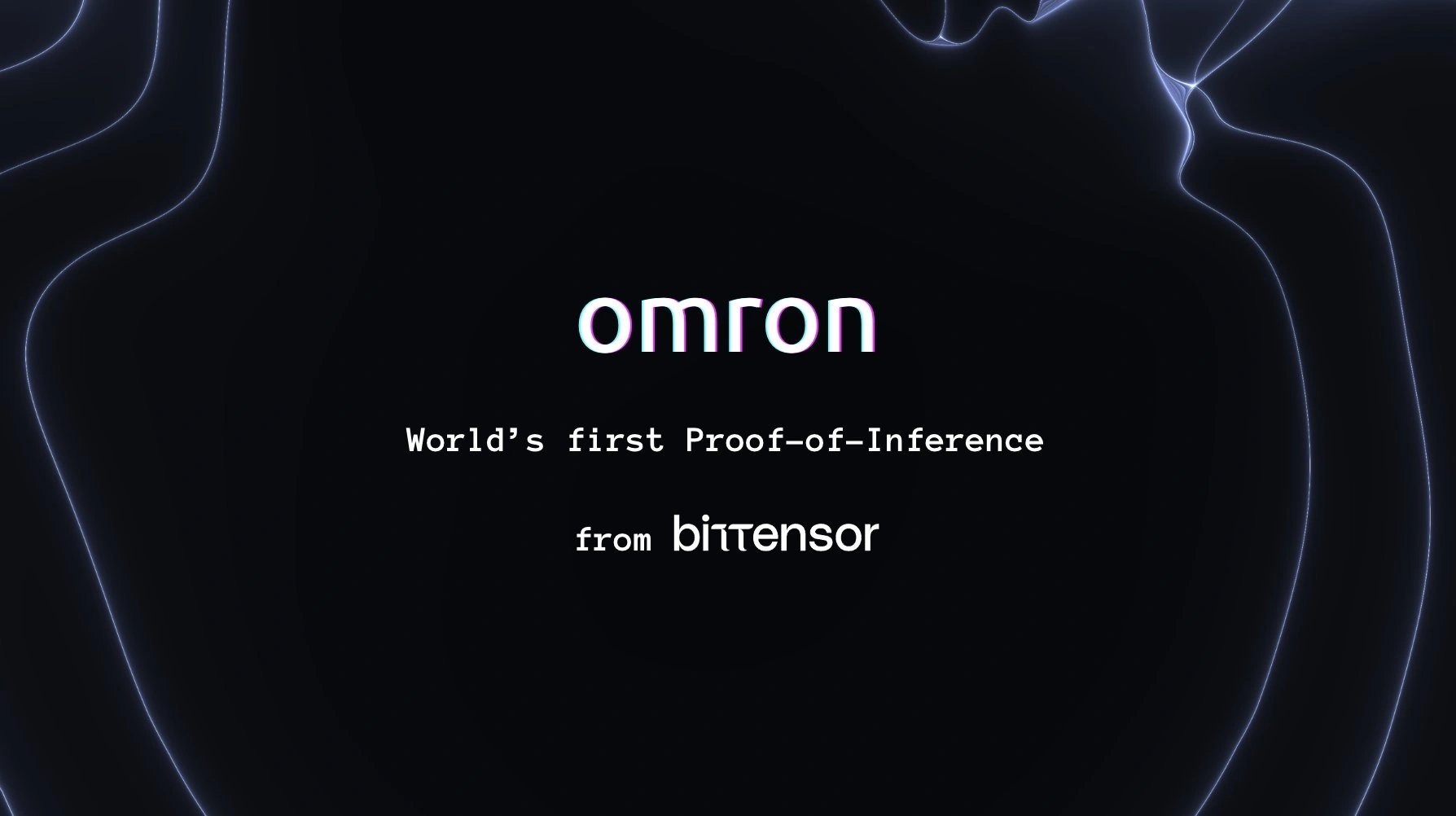Inference Labs
Inference Labs is a technology company focused on providing cryptographic verification and security for AI systems through decentralized networks. The company aims to ensure computational integrity for AI inference through mathematical proofs rather than relying on centralized trust mechanisms. [4]

Overview
Inference Labs develops protocols and infrastructure to enable verifiable AI in decentralized environments. The company operates at the intersection of artificial intelligence, cryptography, and blockchain technology, with a particular focus on zero-knowledge proofs for machine learning (zkML). Their core mission is to create systems where AI computations can be mathematically verified without requiring trust in centralized authorities.
As AI inference is projected to dominate future internet traffic, Inference Labs positions its technology as analogous to how HTTPS/TLS secures websites, but for AI systems. The company emphasizes a future where AI is "sovereign by default" and governed by cryptographic certainty rather than centralized control mechanisms. [1]
Core Technology
Zero-Knowledge Machine Learning (zkML)
Inference Labs specializes in zero-knowledge proofs for machine learning, allowing AI computations to be verified without revealing the underlying data or model parameters. This technology enables:
- Cryptographic verification of AI model outputs
- Preservation of data privacy during inference
- Mathematical guarantees of computational integrity
- Trustless verification of AI predictions [1]
Decentralized AI Infrastructure
- Transparency in AI operations and governance
- Security through cryptographic verification
- Decentralized ownership and control
- Open-source protocols governed by game theory rather than central authorities
This infrastructure aims to create a self-regulating network of verifiable intelligence, where market forces rather than centralized entities determine the governance of AI systems. [1]
Philosophy and Approach
Inference Labs operates according to four core principles that guide their development of AI verification technology:
1. Decentralized AI Ownership
- Foster broader participation in AI systems
- Accelerate growth through open access
- Distribute ownership of AI infrastructure
- Reduce centralized control of AI capabilities
2. Mathematical Verification
- State-of-the-art cryptographic techniques for verification
- Support for sophisticated machine learning algorithms
- Reliance on mathematical proofs rather than trust
- Verifiable guarantees of correct computation
3. Open-Source Protocols
Inference Labs promotes market-driven approaches to AI governance through:
- Open-source development of verification protocols
- Game theory mechanisms for self-regulation
- Network effects that reinforce verification standards
- Alternatives to centralized authority in AI governance
4. Human-Centered Machine Intelligence
- Distillation of human intelligence into machine systems
- Observability of AI operations and decisions
- Reliability through verification mechanisms
- Code-based governance ("code is law") [1]
Ecosystem Integration
Bittensor Network
Inference Labs has developed significant integration with the Bittensor network, a decentralized machine learning platform. The company's Omron subnet operates within this ecosystem to provide verification services for AI inference. This integration allows:
- Verification of AI predictions across the network
- Creation of a marketplace for verified inference
- Connection to specialized services within each Bittensor subnet [1] [2]

Market Position
Inference Labs positions itself at the forefront of a growing need for verification in AI systems. As AI becomes more prevalent in critical applications, the company argues that traditional trust-based approaches will be insufficient, creating demand for cryptographic verification similar to how HTTPS/TLS became standard for web security.
The company's focus on zero-knowledge proofs for machine learning places it in a specialized niche within both the AI and blockchain sectors, addressing concerns about AI trustworthiness through cryptographic techniques rather than regulatory or institutional approaches. [1]
